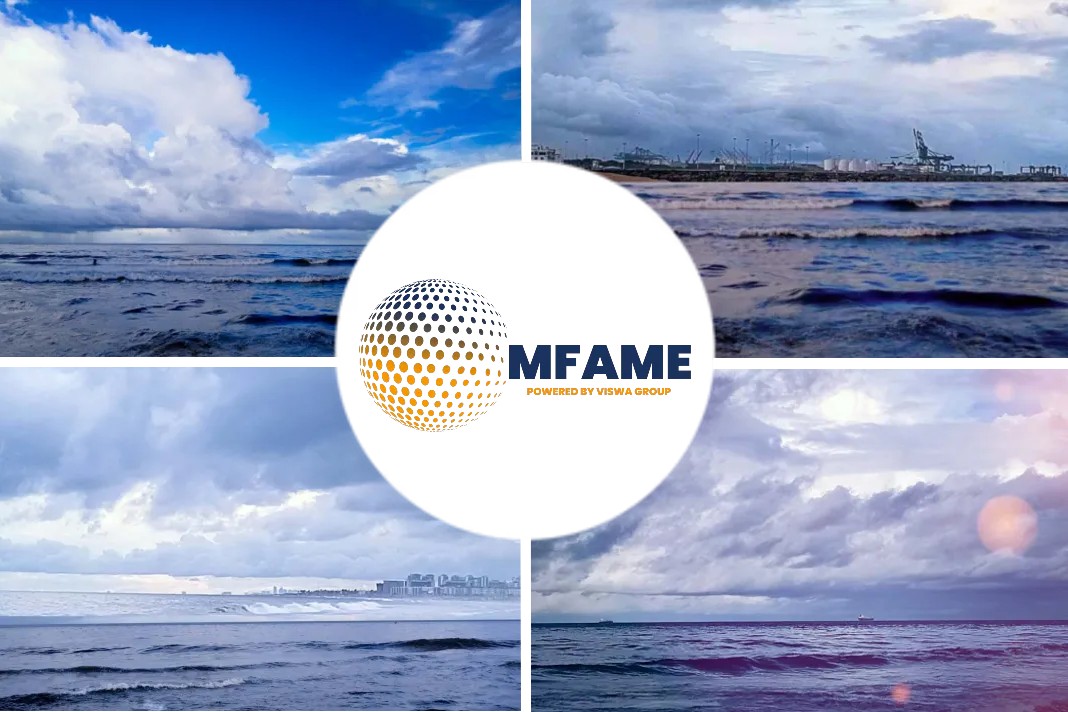Maritime class body DNV GL trainees have developed a concept for automated “robot reefer containers” to independently ship seafood products to ports.
DNV GL asked student trainees to come up with way to overcome the spiralling costs and sustainability issues currently facing the fishing industry.
Their concept SEAtrue provides for offshore distribution of aquaculture products. It requires additional small-scale testing, although it could be developed by 2030.
Seafood may be transported from processing ships in autonomous, floating reefer containers that either position themselves for pick up by a designated container ship or sail directly to a nearby port.
SEAtrue can use Big Data, as it can adjust production to meet demand and thereby enhance the sustainability of the aquaculture industry.
Consumer application TraceEat sends information about consumer preferences to the digital platform Veracity, which enables best possible use of resources.
The seafood industry must comply with increasingly strict demands of consumers on sustainable seafood production.
Earlier in 2017 the Norwegian government launched its Norwegian Ocean Strategy, aimed at creating jobs and sustainable growth in the blue economy – most notably in the aquaculture industry.
Project Manager Ole Johan Lønnum, a marine technology graduate at NTNU, said: “Technological advances offer us unprecedented opportunities for efficient seafood production.”
“Enhanced cooling systems for extended shelf life, autonomous vessels and big data can reduce costs, ensure higher product quality and better-informed consumers.”
“We seek to seize the opportunities that these new technologies afford.”
Project Manager at DNV GL Liv Aune Hagen said: “I am impressed by the student’s industry insight and the solution they have come up with in such short time. We hope they have got a taste of what it’s like to be working within this field.”
Did you subscribe for our daily newsletter?
It’s Free! Click here to Subscribe!
Source: DNV GL


















